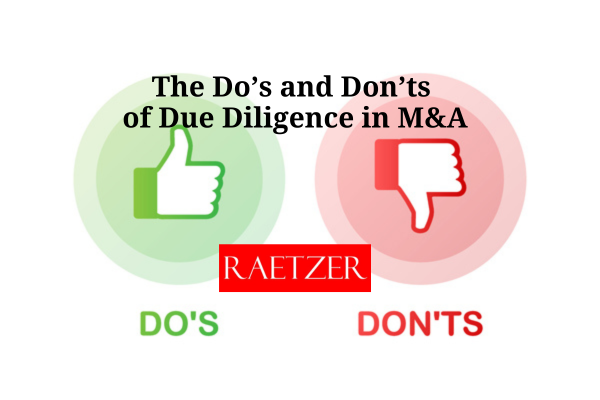Under Texas law, shareholders of corporations and members of limited liability companies (“LLCs”) have the right to inspect the company’s books and records, provided they have a proper purpose. This right, outlined in the Texas Business Organizations Code, ensures that investors can assess the financial health of the company and monitor for potential misuse of assets or self-dealing.
Who Can Request Company Records?
The eligibility criteria for requesting access to records differ for corporations and LLCs:
Corporation Shareholders
- Must have held their shares for at least six months, or
- Own at least 5% of the corporation’s outstanding shares.
LLC Members
- Any member of the LLC is eligible to request access to the company’s books and records.
Steps to Request Financial Records in Texas
To access financial records, shareholders or members must submit a written request to the corporate secretary or managing member of the company. This request must cite a “proper purpose” for the inspection.
- What is a “Proper Purpose”?
Texas courts define a proper purpose as any request reasonably related to protecting the shareholder’s interest in the company. For example, verifying the company’s financial health or investigating potential misuse of assets are valid reasons.
However, the company may deny your request if:
- You have previously misused information obtained during a prior inspection.
- The request is not made in good faith.
What Records Can You Request?
The scope of records you can request depends on the type of entity:
- For Corporations: Shareholders may examine and copy the following records:
- Books
- Records of account
- Minutes of meetings
- Share transfer records
(Texas Business Orgs. Code § 21.218(b)) - For LLCs: Members are entitled to inspect records related to:
- The business, affairs, and financial condition of the company
- Books and accounting records
- Meeting minutes
- Membership records
(Texas Business Orgs. Code § 101.502(a))
Inspections can be conducted personally or through an agent, such as an accountant or attorney.
What If Your Request Is Denied?
If your proper request for records is denied, you can seek legal recourse by filing a lawsuit. A court can compel the company to provide access to the requested records. Under Texas law, if the court orders the production of records, the company must cover your attorney’s fees and legal costs.
Responsibilities of Corporate Officers and LLC Managers
If you are a corporate officer or LLC manager, it’s critical to handle shareholder requests for records with care. Ignoring or denying a valid request can result in litigation, financial penalties, and court-mandated reimbursement of legal fees.
To ensure compliance:
- Refer to Texas Business Organizations Code Section 21.218 for corporations.
- Review Section 101.502 for LLCs.
Properly responding to these requests can help avoid costly disputes and maintain good faith with shareholders or members.
Legal Assistance for Shareholders and Corporate Officers
Whether you’re a shareholder seeking access to records or an officer responding to a request, our legal team can help. We’ll guide you through the process, ensuring your rights are protected and obligations are met. Contact us today for tailored advice on navigating shareholder rights and corporate responsibilities.




